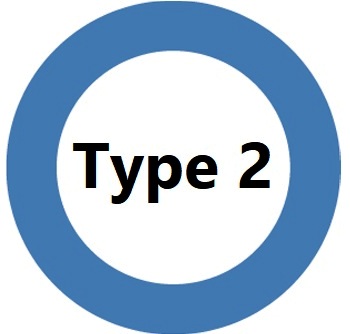
Type-2 Diabetes Clinic
We have a team of skilled doctors, experienced educators, certified dieticians, expert lab technicians, specialized in management of Type 2 Diabetes.
Read More
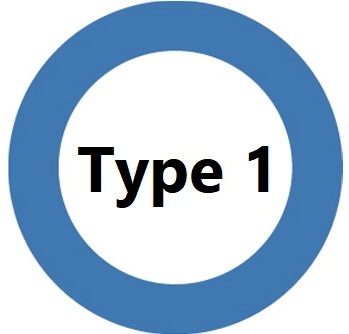
Type-1 Diabetes Clinic
A specialised clinic for patients with Type 1 diabetes has over 1200 patients registered.We provide consultation and health education, conduct
Read More
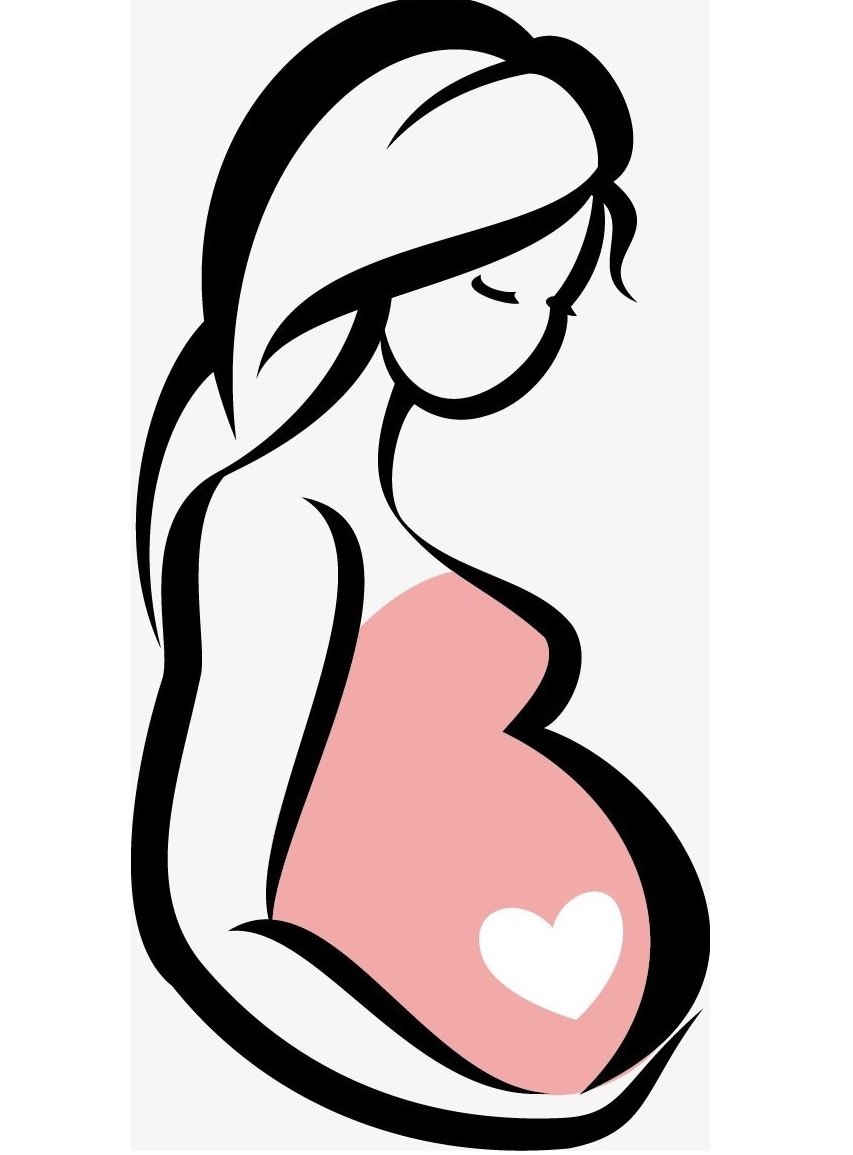
Diabetes in Pregnancy Clinic
We provide specialized and personalized care for pregnant women with type 1, type 2 and gestational diabetes for blood sugar control and prevention
Read More
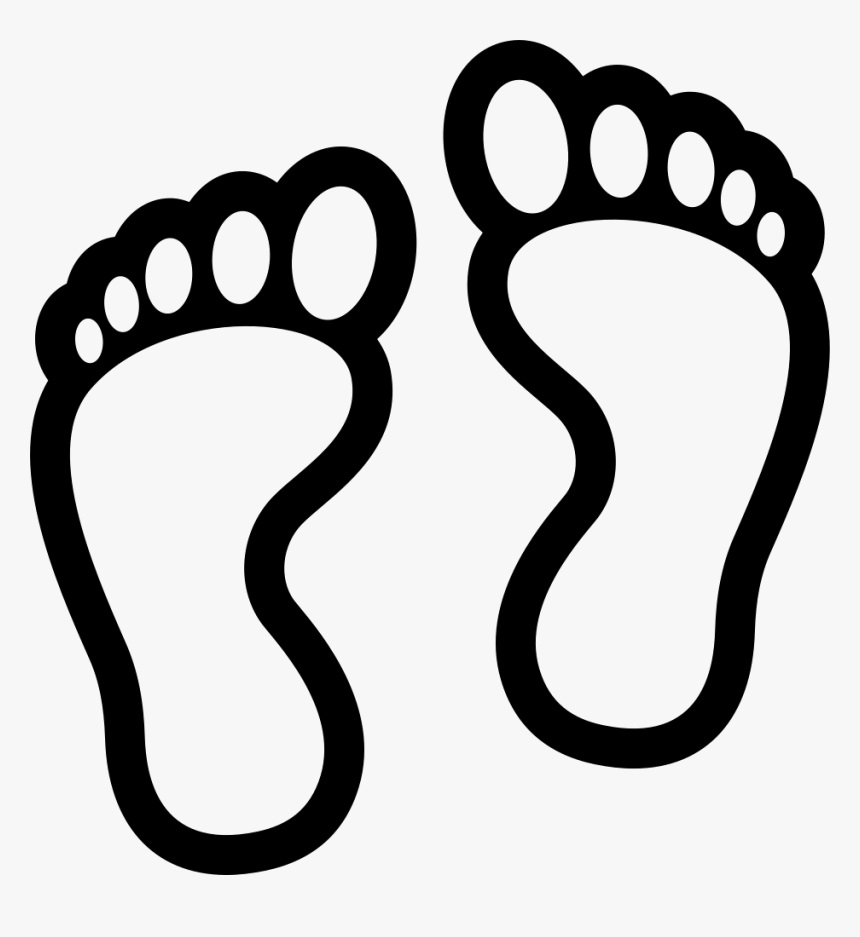
Foot Clinic
We screen every patient to rule out the possibility of nerve damage and circulation damage. We provide specialised care for patients with foot
Read More
Renal Diabetes OPD
Diabetes is the major cause of kidney disease. As diabetes is a progressive disease, the prevalence of diabetes related kidney disease increases with
Read More
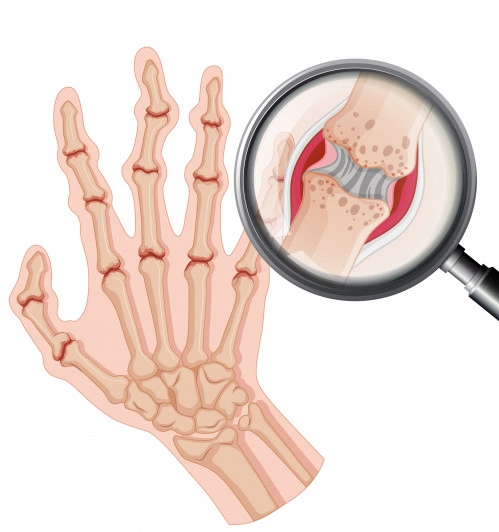
Rheumatology Clinic
Patients with diabetes are more likely to suffer from musculoskeletal complaints. Hand stiffness, frozen shoulders and osteoarthritis are common.
Read More

Stress Management Clinic
Stress aggravates diabetes. Vice versa, people with Diabetes have 30% higher chance of stress related disorders. Presence of stress interferes with
Read More
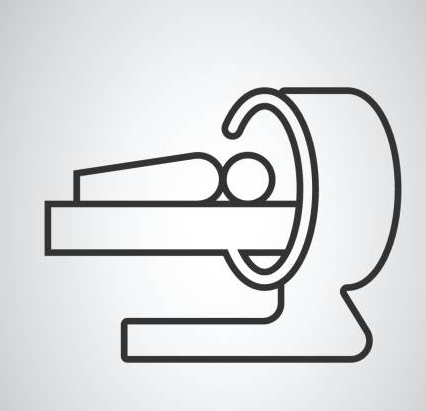
Specialised Tests
Diabetes unit is equipped with high quality diagnostic and screening equipment to screen and measure risk factors of Diabetes. Naming a few: DEXA,
Read More
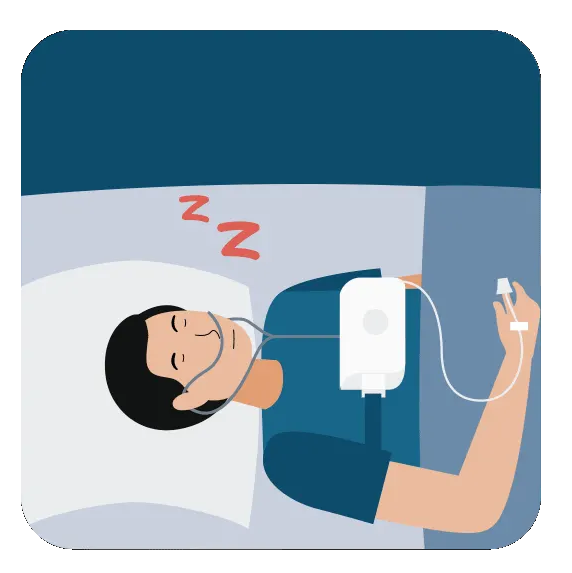
Sleep Study Clinic
Sleep study clinics are there to detect sleep disorders such as narcolepsy,sleep apnoea, insomnia, excessive snoring, etc. Also, cardiovascular
Read More
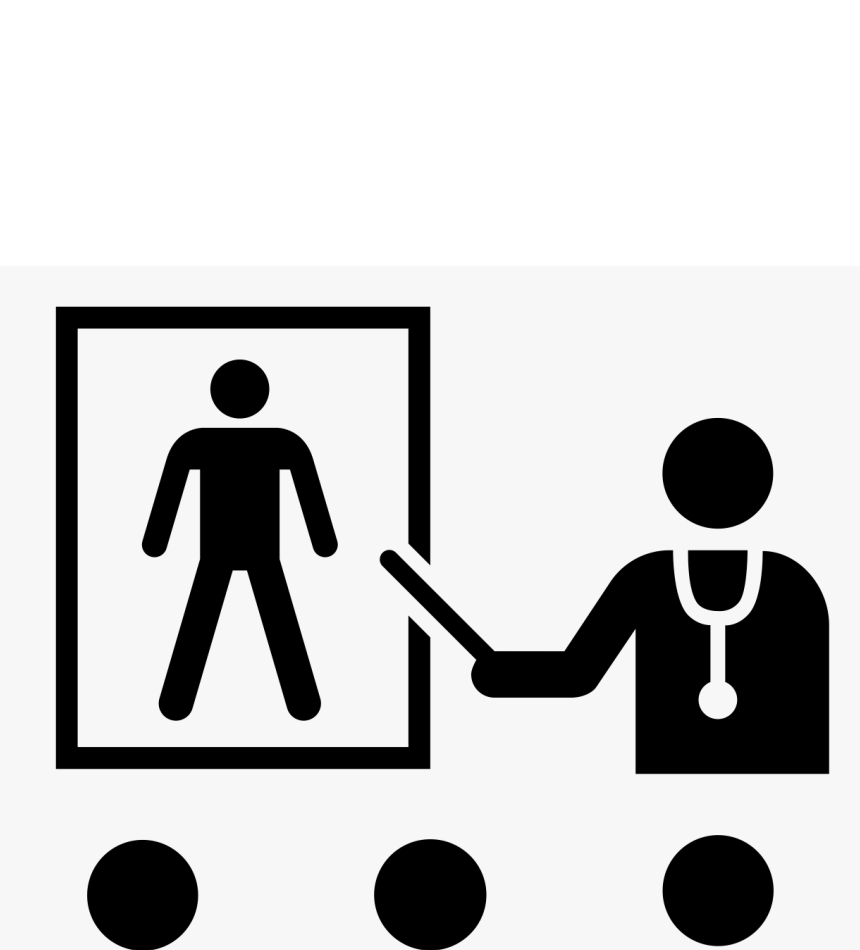
Patient Education
Patient education is very important to make a person with diabetes self-reliant in managing diabetes. At KEM Diabetes Unit, we have people specially
Read More

Research
The diabetes unit is well known for its pioneering research in the field of diabetes since 1986. It is a DBT centre of excellence in foetal
Read More
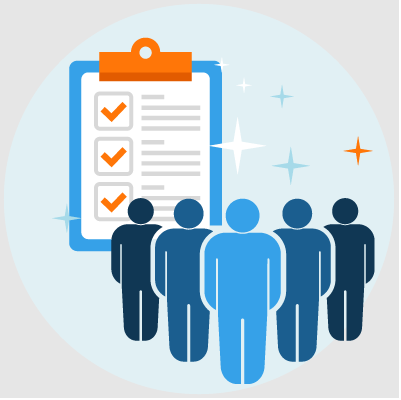
Clinical Trials
Clinical trials are the actual experimental studies in which human volunteers are included, after their consent, to test new treatments, instruments,
Read More
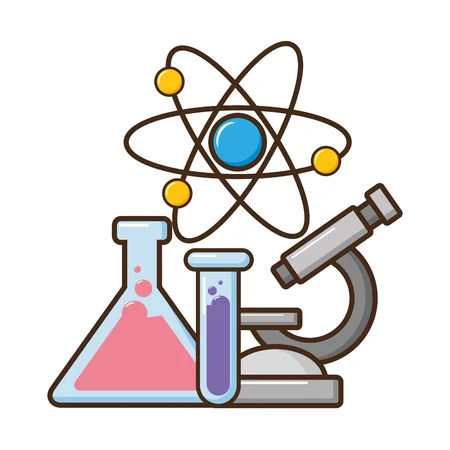
Laboratory
Diabetes Unit’s laboratory has facilities for haematology, biochemistry, endocrinology and related measurements and a substantial computer/data
Read More